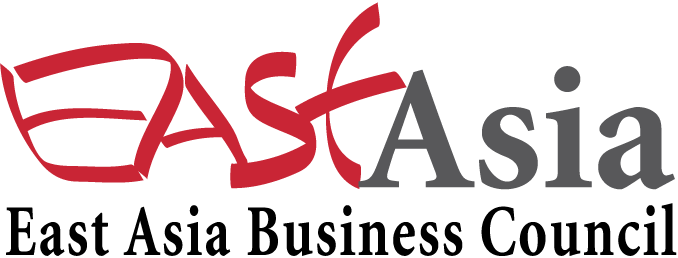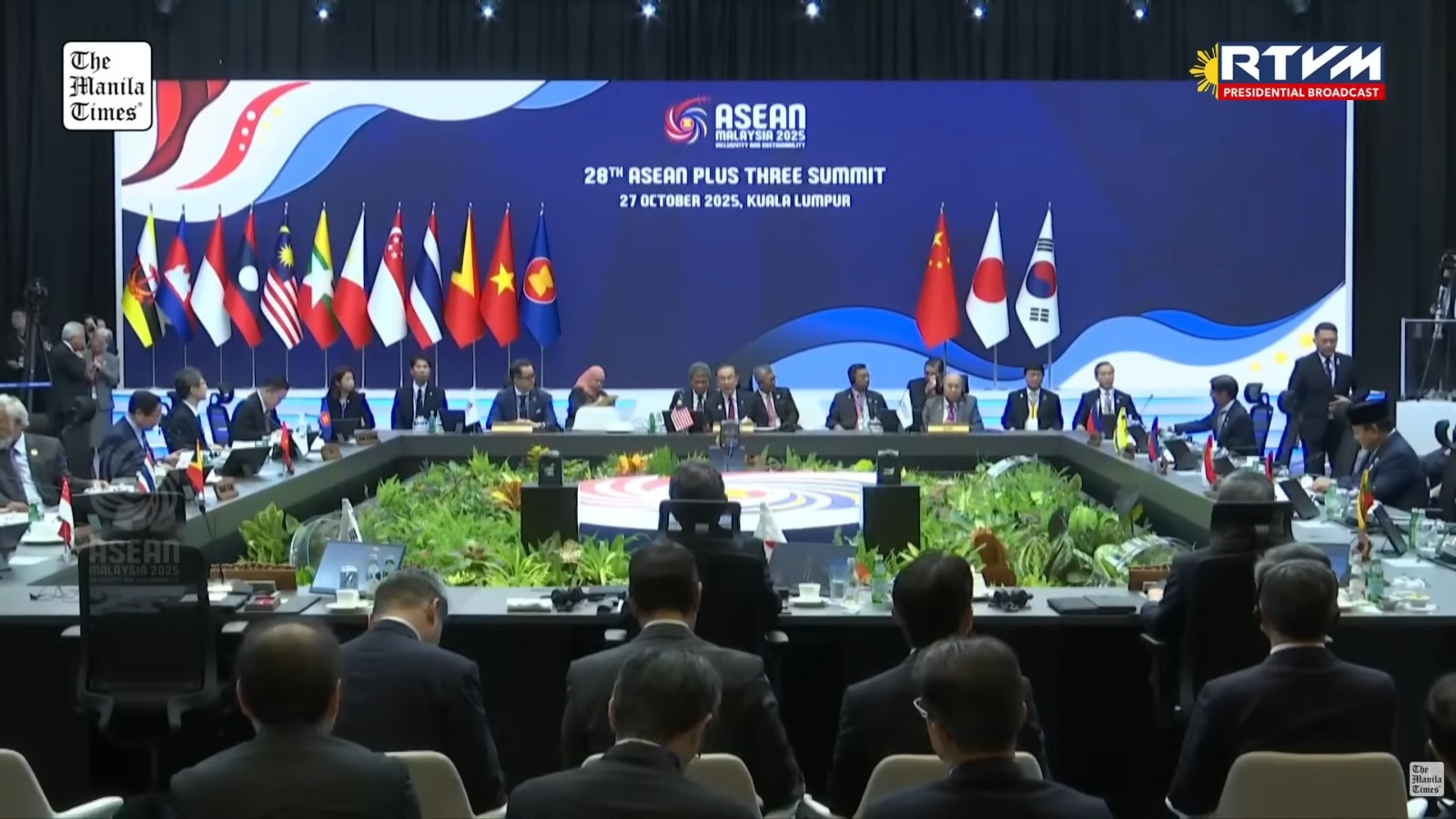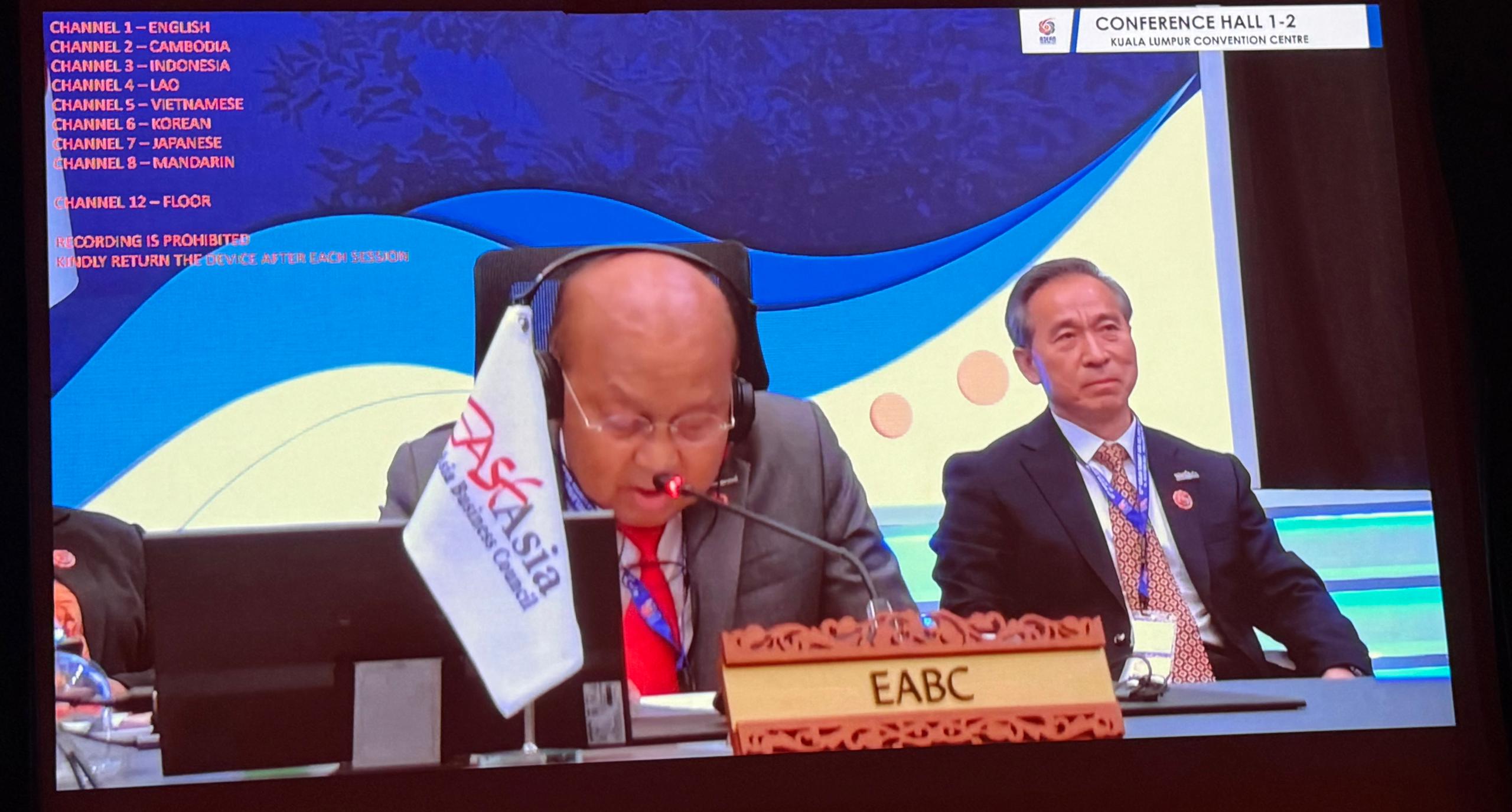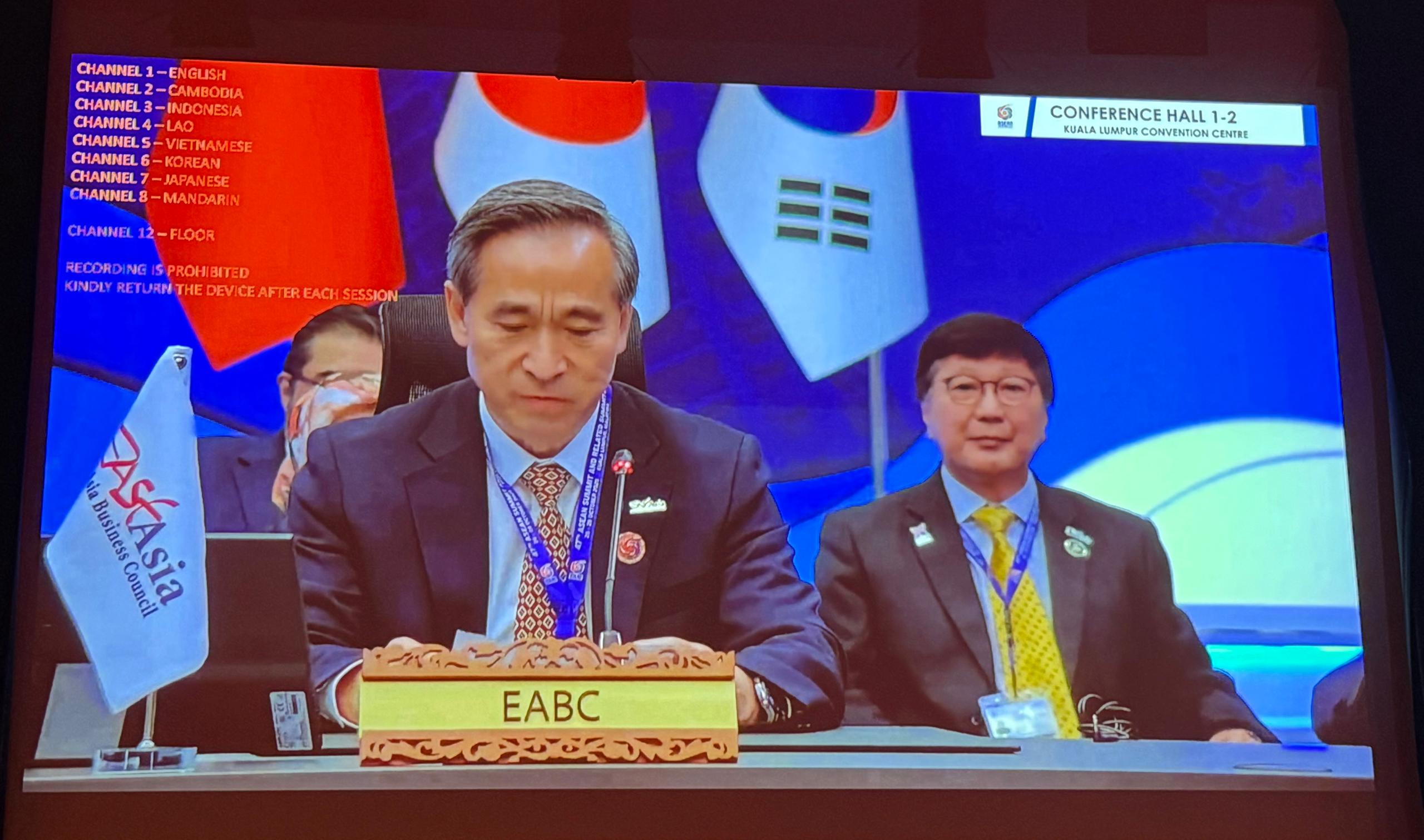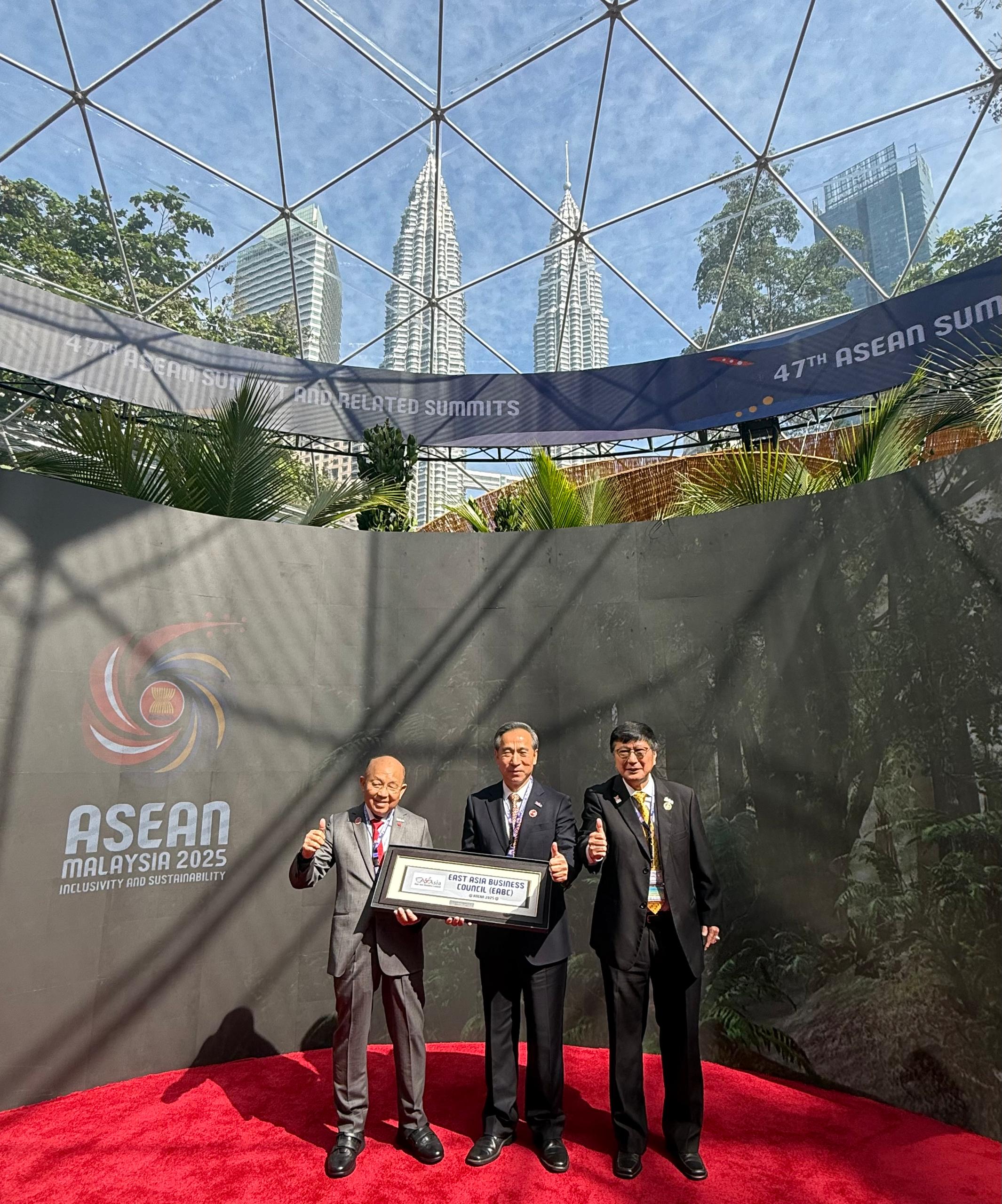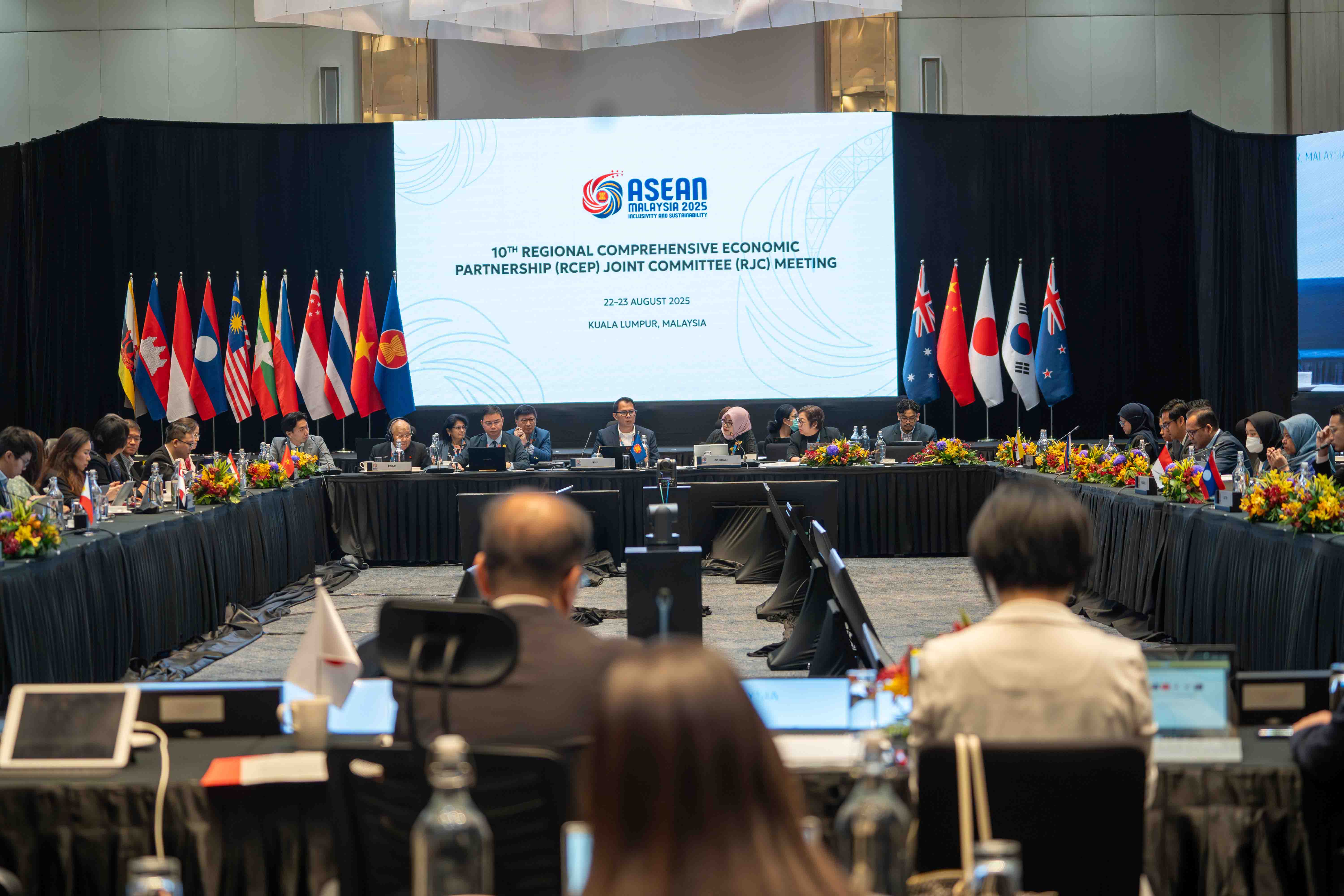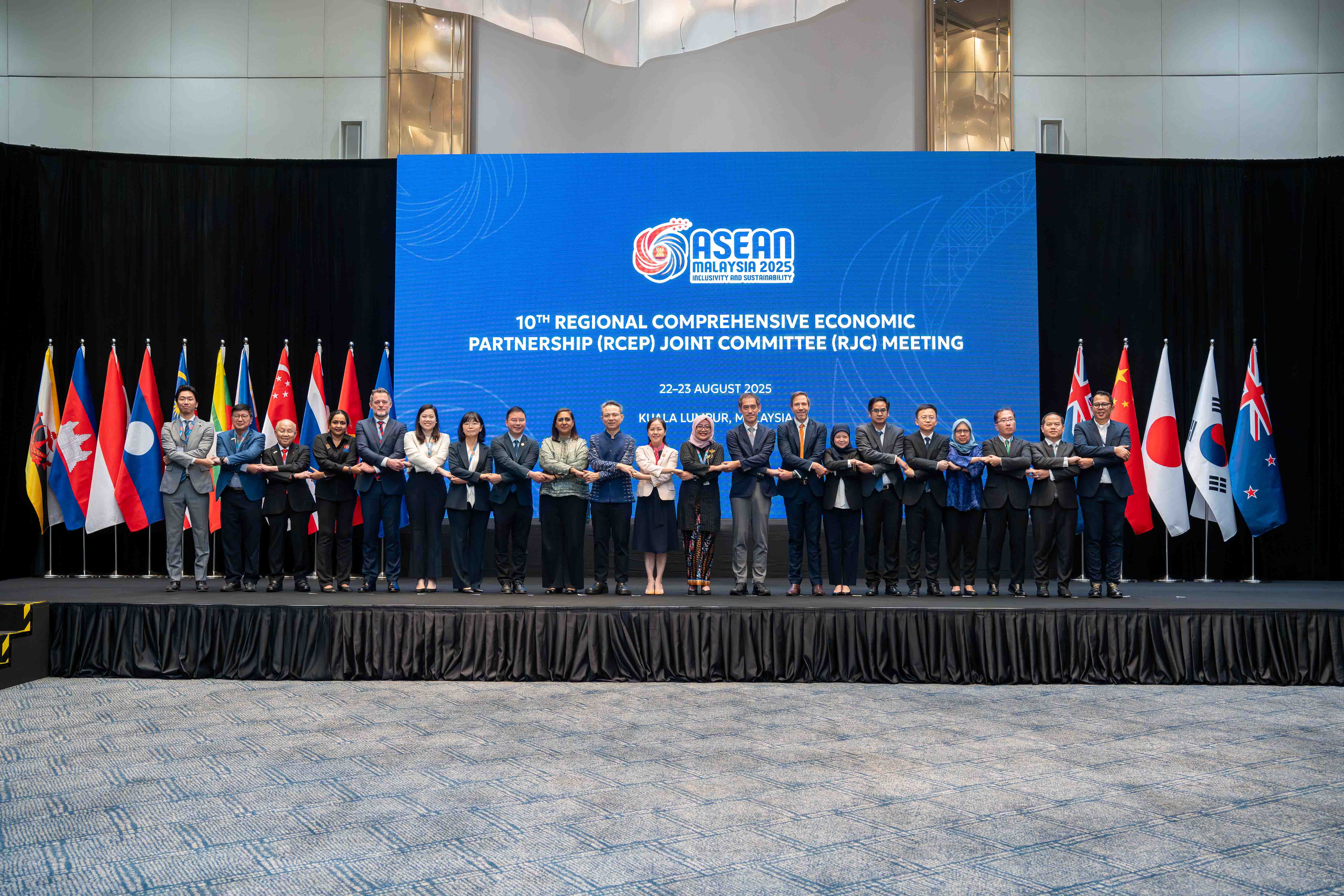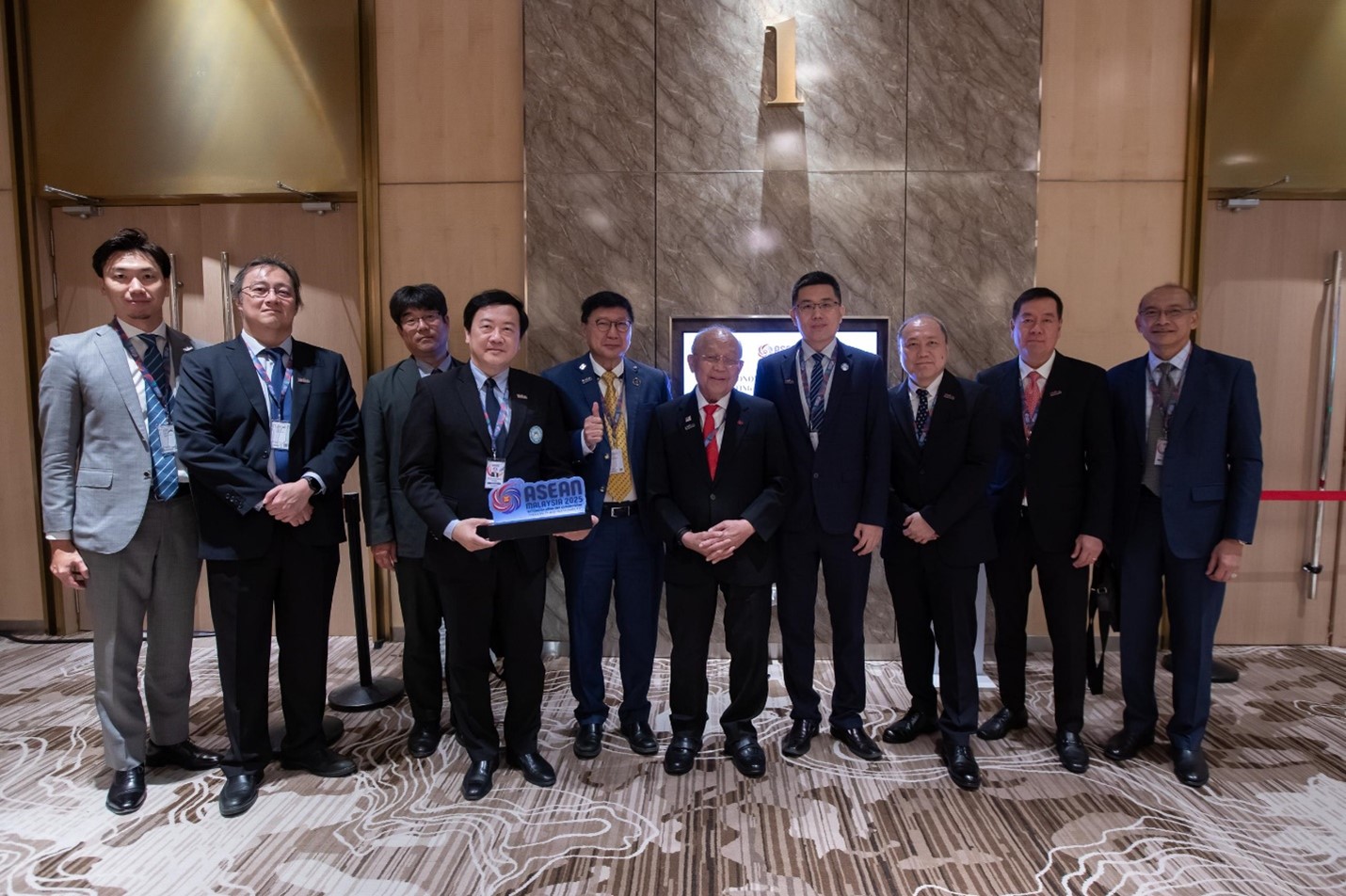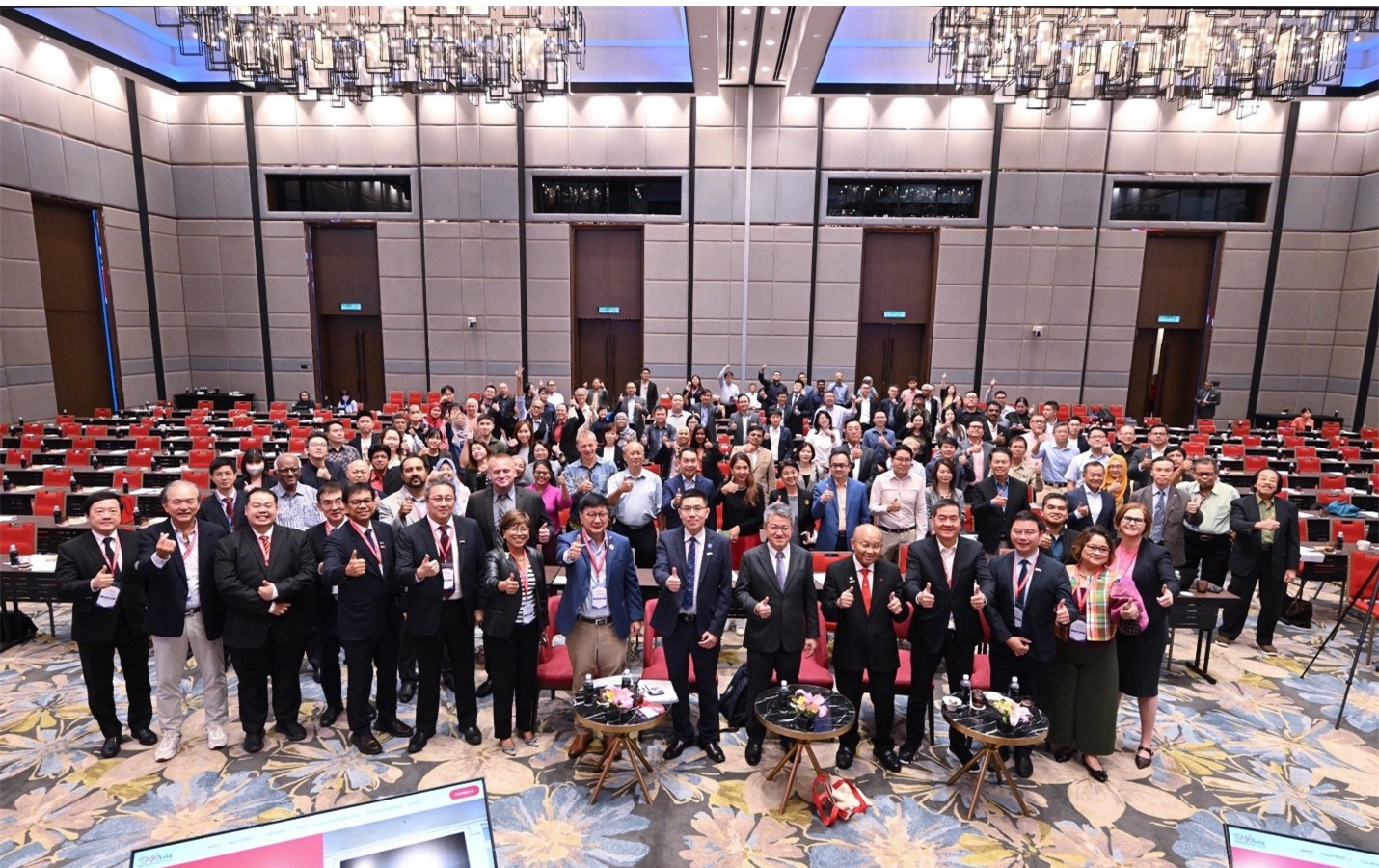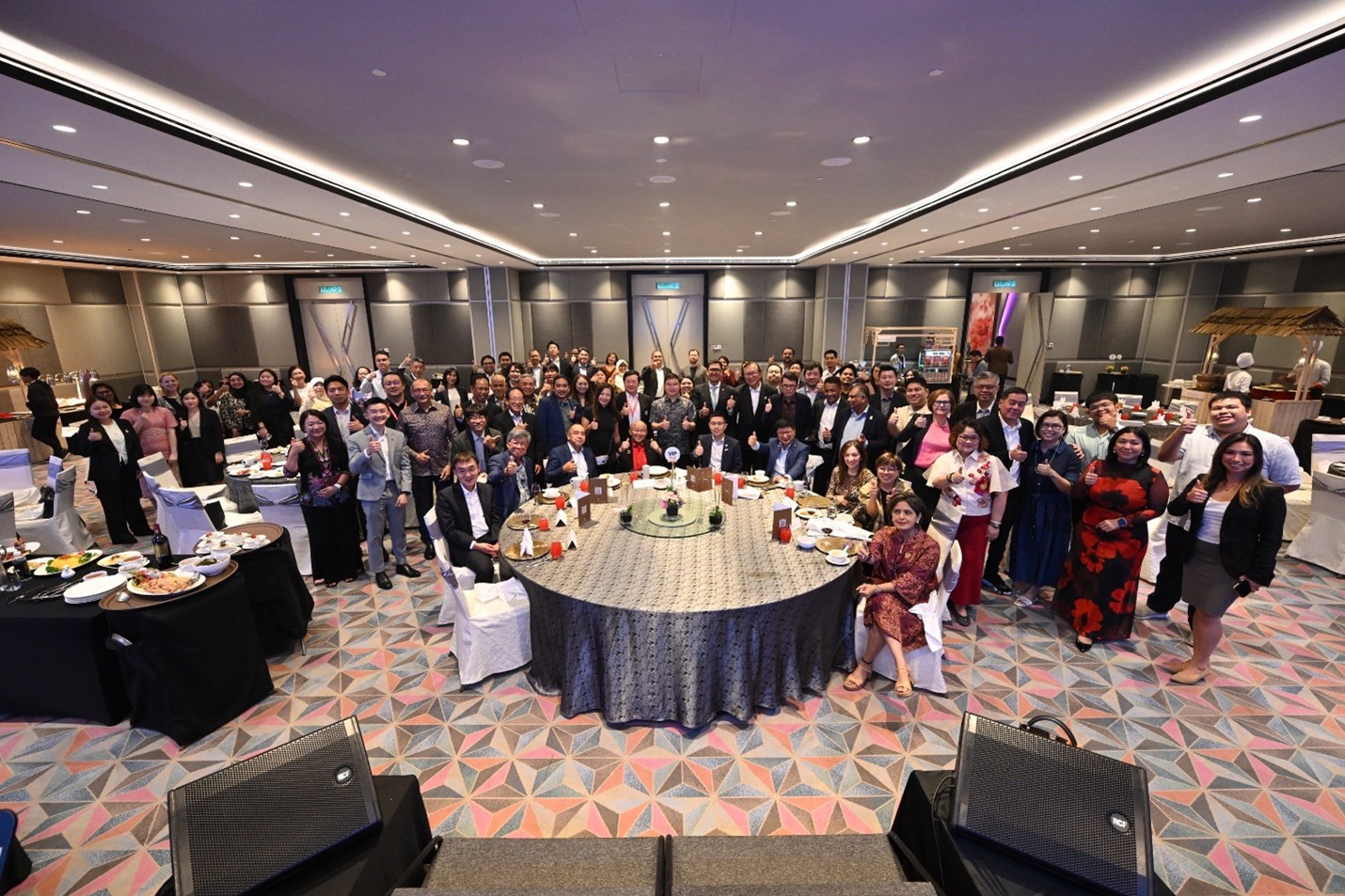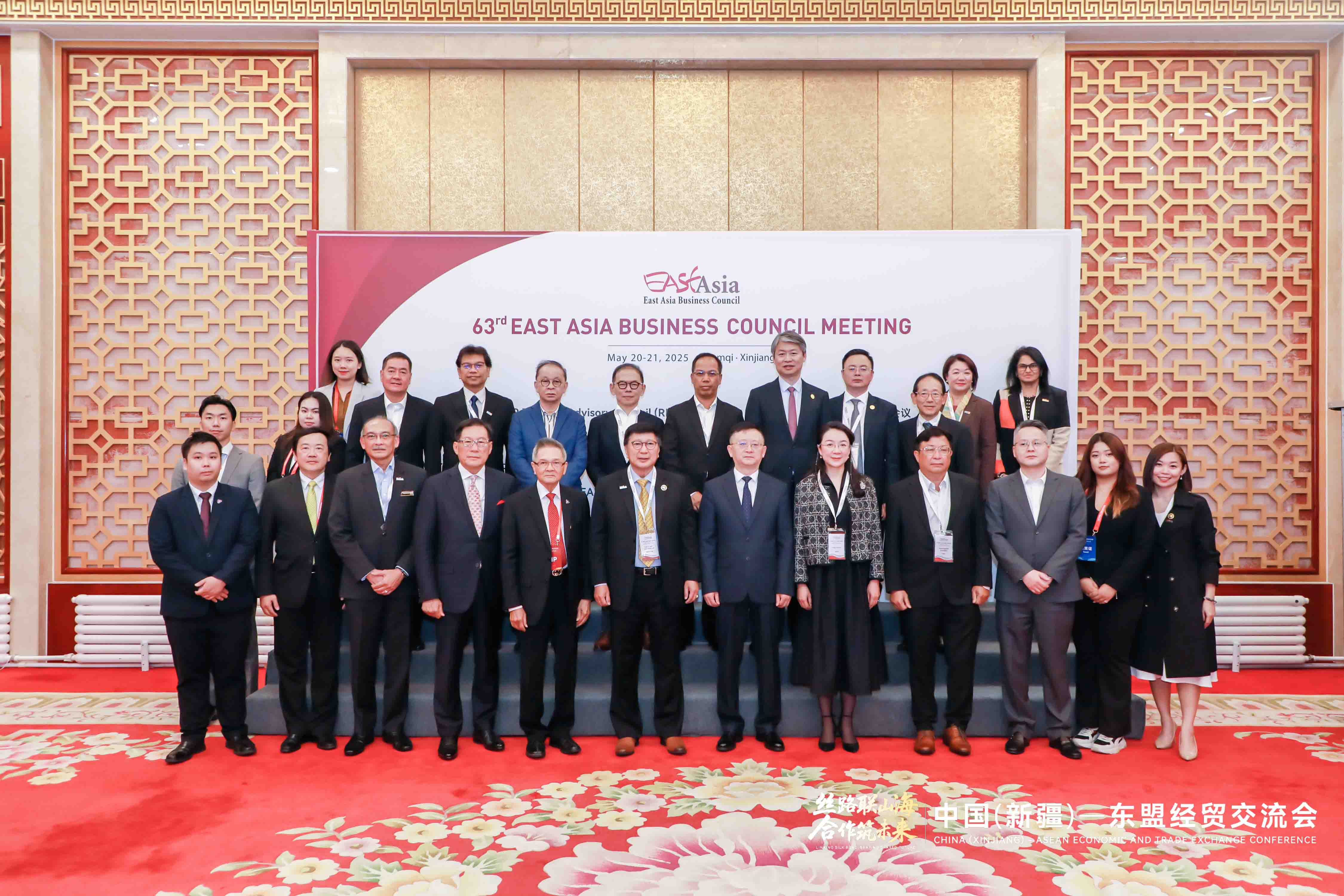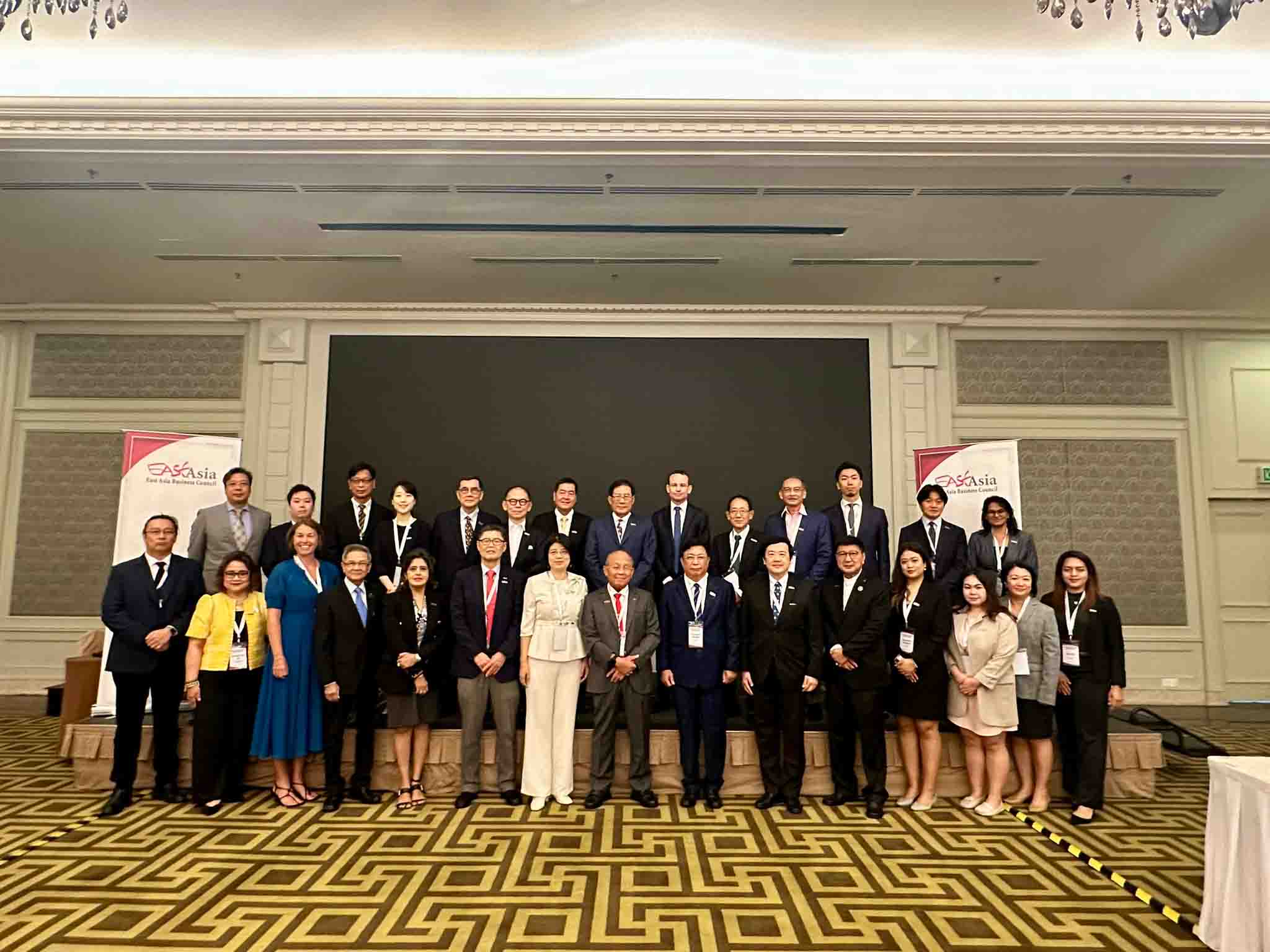
Connecting Business Leaders Across East Asia
Why EABC
Matters
The East Asia Business Council is the official voice of business in ASEAN+3. It was created following the recommendations of the East Asia Study Group, endorsed by ASEAN+3 Leaders, giving it a unique mandate to represent the private sector in regional integration. EABC unites 13 economies to strengthen economic cooperation, build business partnerships, and drive growth and resilience across East Asia.

Council Members
Chairmanship
The Chairmanship of the Council rotates annually between ASEAN and the Plus Three countries (China, Japan and Republic of Korea). In 2025, Malaysia holds the Chair with China serving as Co-Chair. This year's leadership is focusing on advancing digitalisation, strengthening supply chains, and enhancing the role of SMEs in East Asia's economic growth.
Current Chairmanship
Tan Sri Azman Hashim
EABC Chair 2025
Mr Nie Wenhui
EABC Co-Chair 2025
EABC Community
The Council is made up of 39 leading business representatives from ASEAN, China, Japan, and the Republic of Korea. Each delegation includes three members, with one seat reserved for an SME representative to ensure the interests of smaller enterprises are heard.


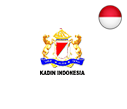

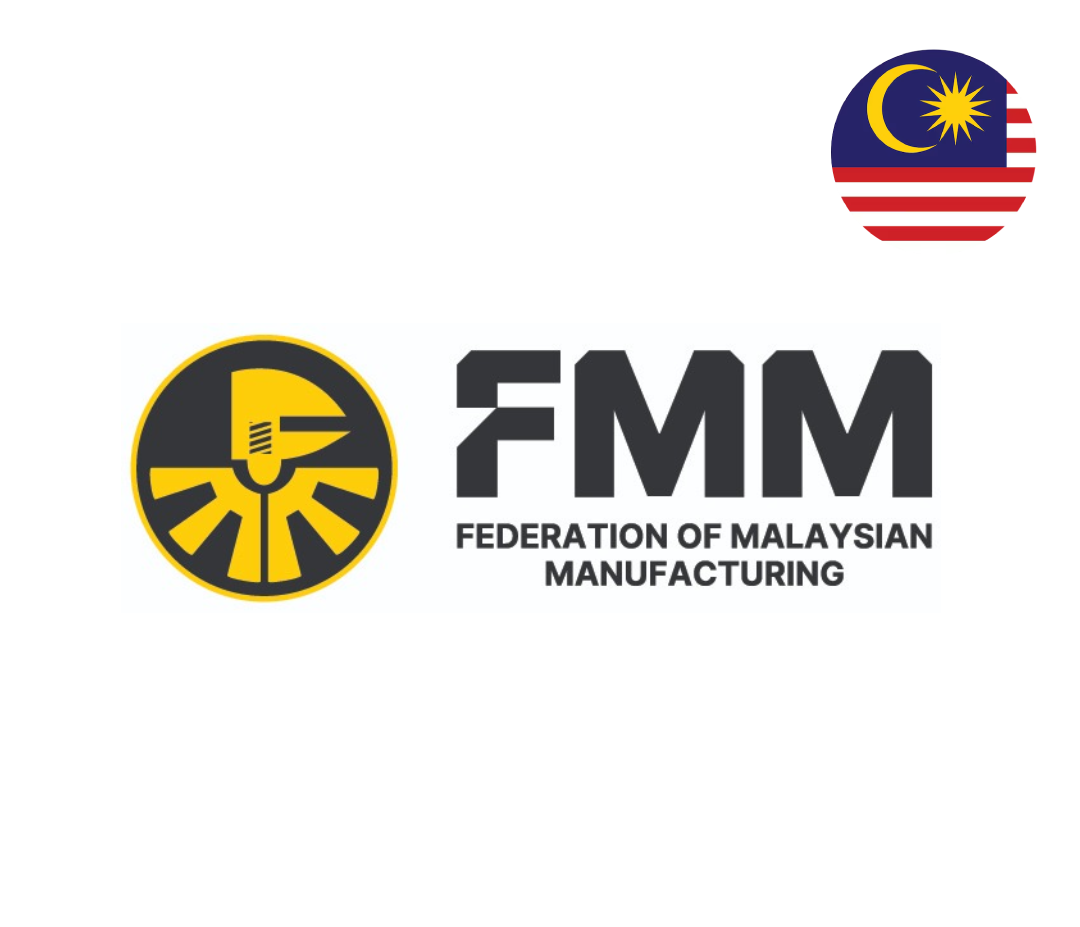


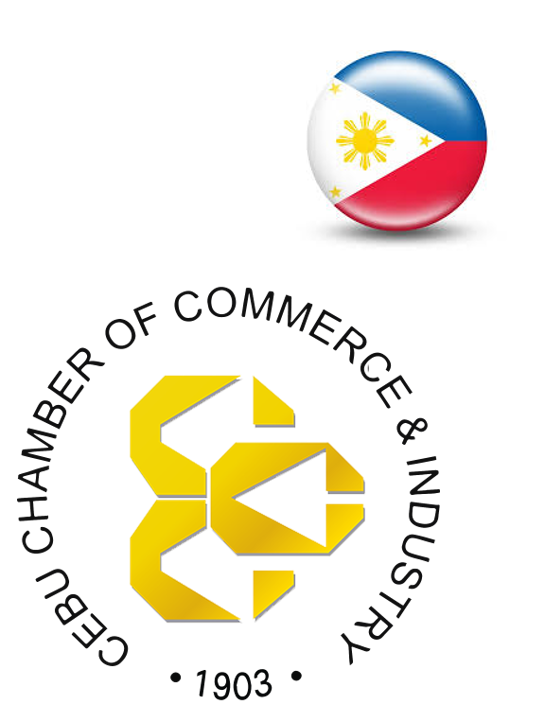
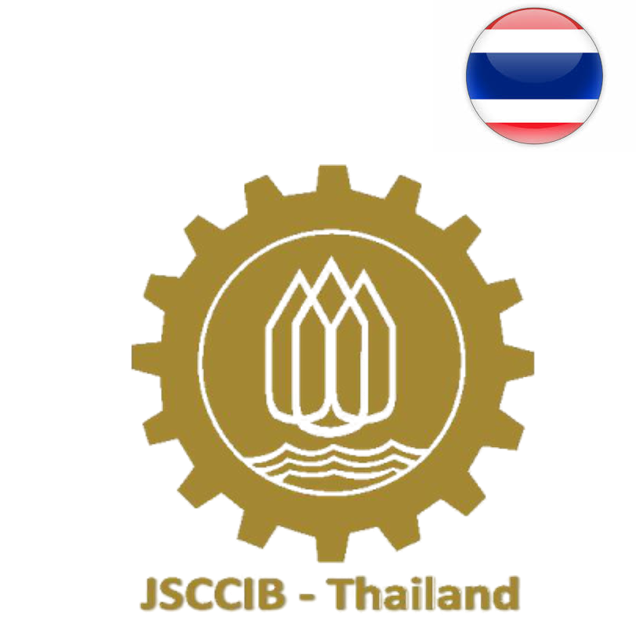
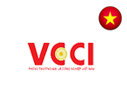
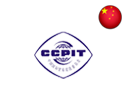
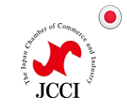
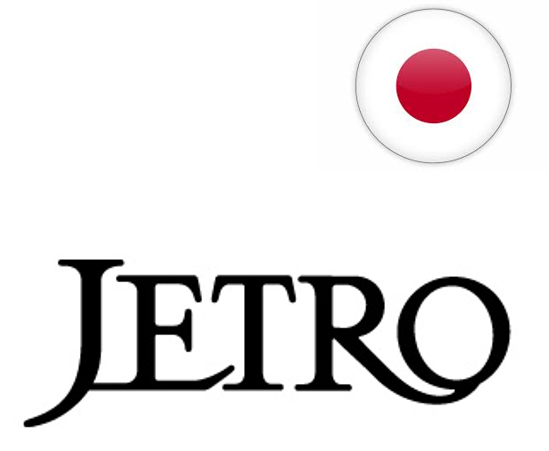

NCCIBD aims to attract foreign direct investment to develop downstream industries and the necessary infrastructure at Sungai Liang and second to develop Pulau Muara Besar. Secondly, the undertaking of a study to identify and prioritize industrial clusters with growth potential to complement these two major sites.
CCC is to strengthen the relationship of the cooperation between Chamber of Commerce to the whole local and international organization, especially, between Cambodia Chamber of Commerce and International Business/Trade Associations around the World. It is as well to the private firms in all types of business sectors. To be firmly represented the Private Sector to gain the mutual benefit for a cause of securing business environment--the better for all in the future.
The Indonesian Chamber of Commerce and Industry (Kadin), established under Law No. 1 of 1987, is the highest organization representing all business sectors in Indonesia. With 57 years of experience, Kadin's network spans 38 provinces and 514 regencies/cities. Kadin plays a vital role in driving economic growth, enhancing export competitiveness, and attracting high-quality investments. Collaborating with the government, Kadin formulates policies to address changing challenges. As a strategic partner, Kadin aims to contribute to Indonesia's prosperity by fostering business growth, expanding market access, and increasing national businesses' global role. Kadin's extensive network makes it an attractive partner for business, trade, and investment.
Lao National Chamber of Commerce and Industry (LNCCI) established in 1989, is an independent organization representing the business community of Lao PDR. Serving as the link between the state and private sector, LNCCI promotes collaboration among employers, enterprises, and joint ventures under Lao law. With over 4,000 members across 18 provinces, it is the largest business network in the country. LNCCI’s mission is to identify and address members’ concerns, advocate for better business policies, and enhance trade and investment at national, regional, and international levels.
The Federation of Malaysian Manufacturing (FMM) (formerly known as Federation of Malaysian Manufacturers) has been the voice of the Malaysian manufacturing sector since 1968, advocating policies and initiatives that drive industrial growth, competitiveness and workforce development. Representing over 13,000 member companies (4,100 direct and 8,900 indirect) from the manufacturing supply chain, FMM is actively engaged with government and its key agencies at Federal, State and local levels. FMM is also well-linked with international organisations, Malaysian businesses and civil society. Apart from benefitting from FMM’s advocacy, FMM members enjoy value-added services including training, business networking and trade opportunities as well as regular information updates.
UMFCCI was founded in 1919 as the Burmese Chamber of Commerce and upgraded as a federation in 1999 in line with the adoption of the market-oriented economic policy. At the apex of the Chambers and Associations in the country,the UMFCCI stands as a national level non-governmental organization representing and safeguarding the interest of private business sector.
Singapore Business Federation (SBF) is the apex business chamber with over 32,000 members across diverse industries. With a vision to advance Singapore towards a globally competitive and sustainable economy, SBF mobilises the business community to be future-ready and magnify transformation opportunities through policy advocacy, partnership platforms and capability programmes.
The Cebu Chamber of Commerce & Industry (CCCI) is the largest and most influential local business membership organization in the Philippines. With over 800 member companies spanning sectors such as Trade, Industry, Services, ICT, and various Sectoral Business Associations, CCCI positions itself as the “Engine of Cebu’s Business Growth towards Global Competitiveness.” In line with this vision, the Chamber designs and implements programs and services aimed at strengthening the capabilities of its members. Guided by its mission “to empower members through advocacy, partnerships, and collaboration for the competitiveness of Cebu and its people in the global economy,” CCCI continues to drive initiatives that support sustainable growth and innovation across the region.
The Joint Standing Committee on Commerce, Industry and Banking (JSCCIB) established in 1977, serves as the central coordinating body uniting Thailand’s three key private sector organizations: the Board of Trade of Thailand (BOT), the Federation of Thai Industries (FTI), and the Thai Bankers’ Association (TBA). JSCCIB’s key roles include facilitating constructive dialogue on trade, industry, and finance; providing private sector recommendations for the Joint Public and Private Sector Consultative Committee (JPPSCC) chaired by the Prime Minister; developing collective private sector positions on bilateral and multilateral matters; and fostering international cooperation and partnerships to enhance trade, investment, and global economic collaboration.
VCCI protect and assist business enterprises, to contribute to the socio-economic development of the country and to promote economic, commercial and technological co-operations between Vietnam and the rest of the world on the basis of equality and mutual benefit.
The CCPIT are to operate and promote foreign trade, to use foreign investment, to introduce advanced foreign technologies, to conduct activities of Sino-foreign economic and technological cooperation in various forms, to promote the development of economic and trade relations between China and other countries and regions around the world, and to promote the mutual understanding and friendship between China and peoples and economic and trade circles of all nations around the world, in line with law and government policies of the People's Republic of China.
The Japan Chamber of Commerce and Industry is the central organization to which all local chambers of commerce belong. As an opinion leader in economic circles, JCCI represents the local chambers by presenting their suggestions to the government and other bodies and helping implement them. JCCI also plays an important role in the dissemination of information concerning government policies and programs. and the promotion of nationwide projects.
JETRO, or the Japan External Trade Organization, is a government-related organization that works to promote mutual trade and investment between Japan and the rest of the world. Originally established in 1958 to promote Japanese exports abroad, JETRO's core focus in the 21st century has shifted toward promoting foreign direct investment into Japan and helping small to medium size Japanese firms maximize their global export potential.
Representing the interests of Korea's global traders, KITA serves a diverse range of roles including: providing hands-on support to trade companies, drawing trade cooperation from the private sector, formulating new trade strategies, nurturing trade professionals and building trade infrastructure. With a widely established network of 11 domestic offices and 8 overseas branches in major cities, KITA has consolidated its position as a leading business organization dedicated to assisting SMEs in gaining foreign market entry and has actively contributed towards Korea's recent achievement of 1 trillion dollars in trade volume.
Let's Talk!
Please feel free to contact us. We're super happy to talk to you.
